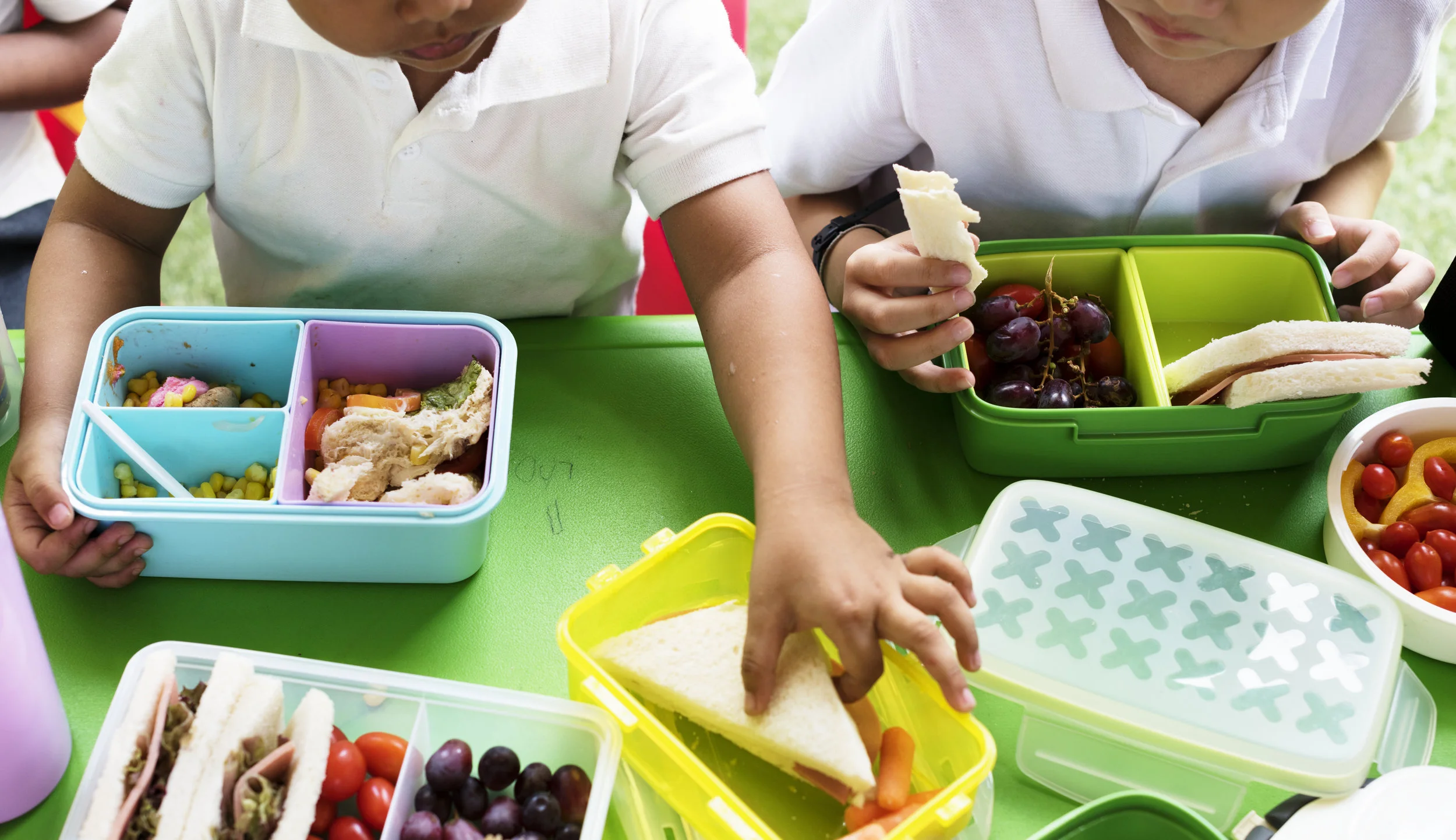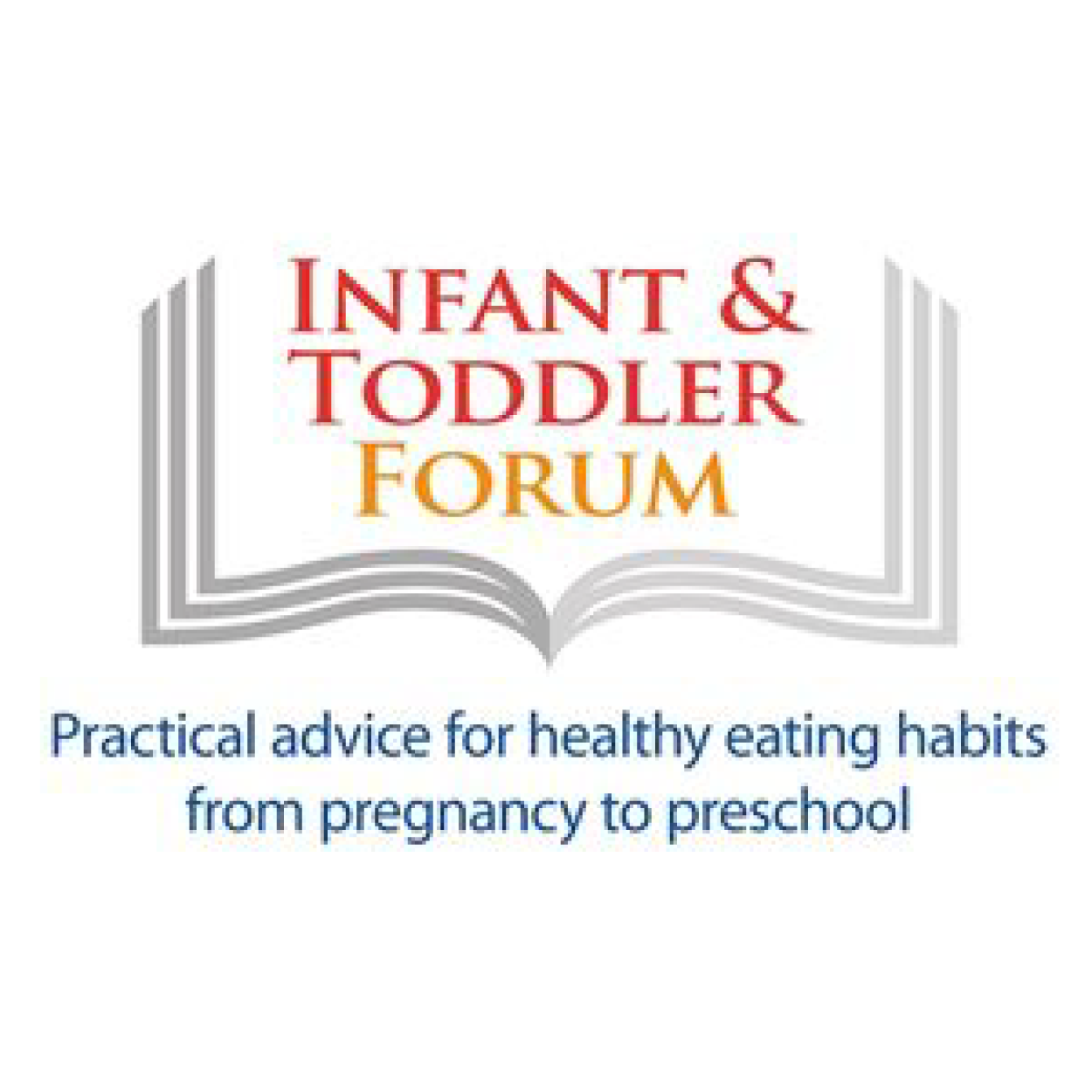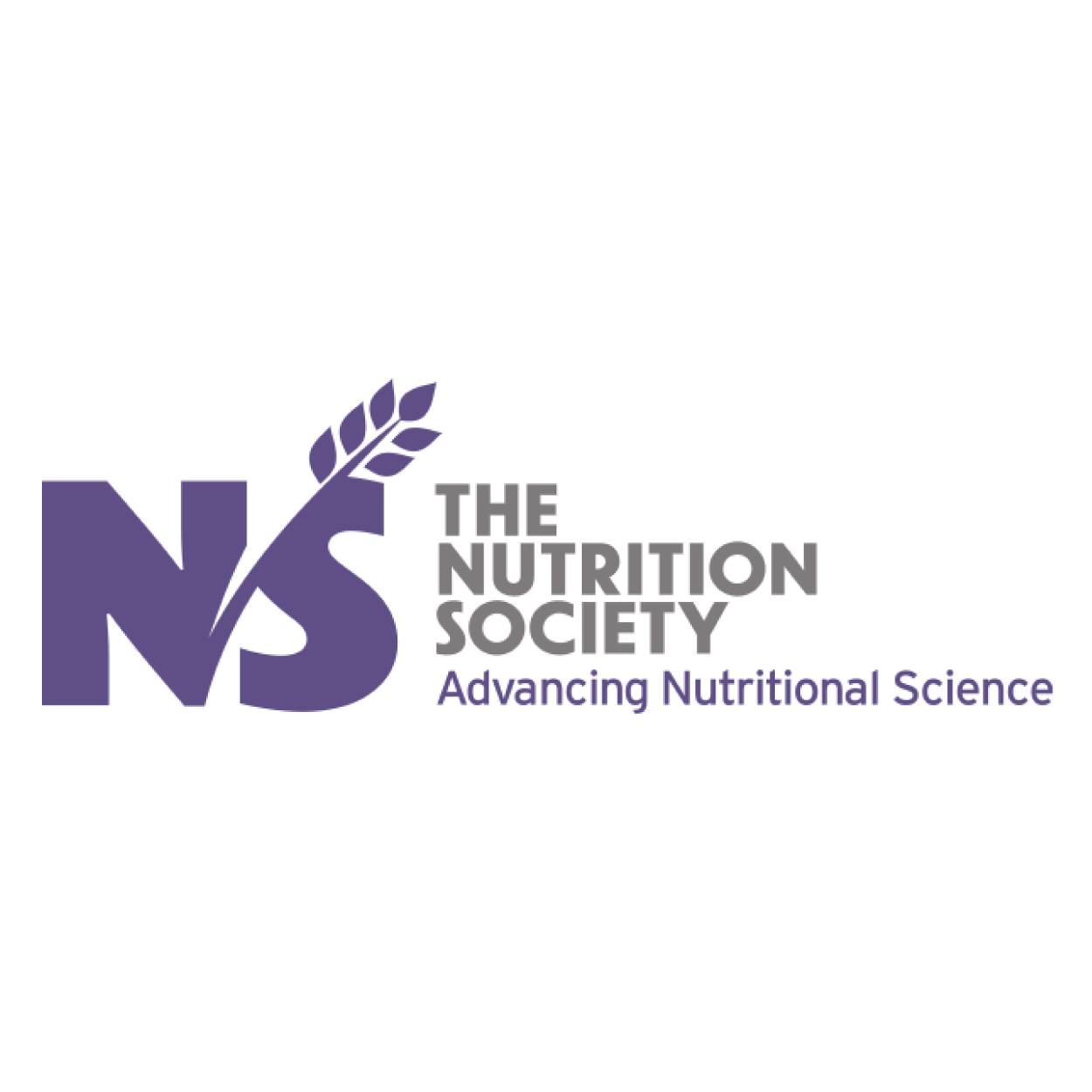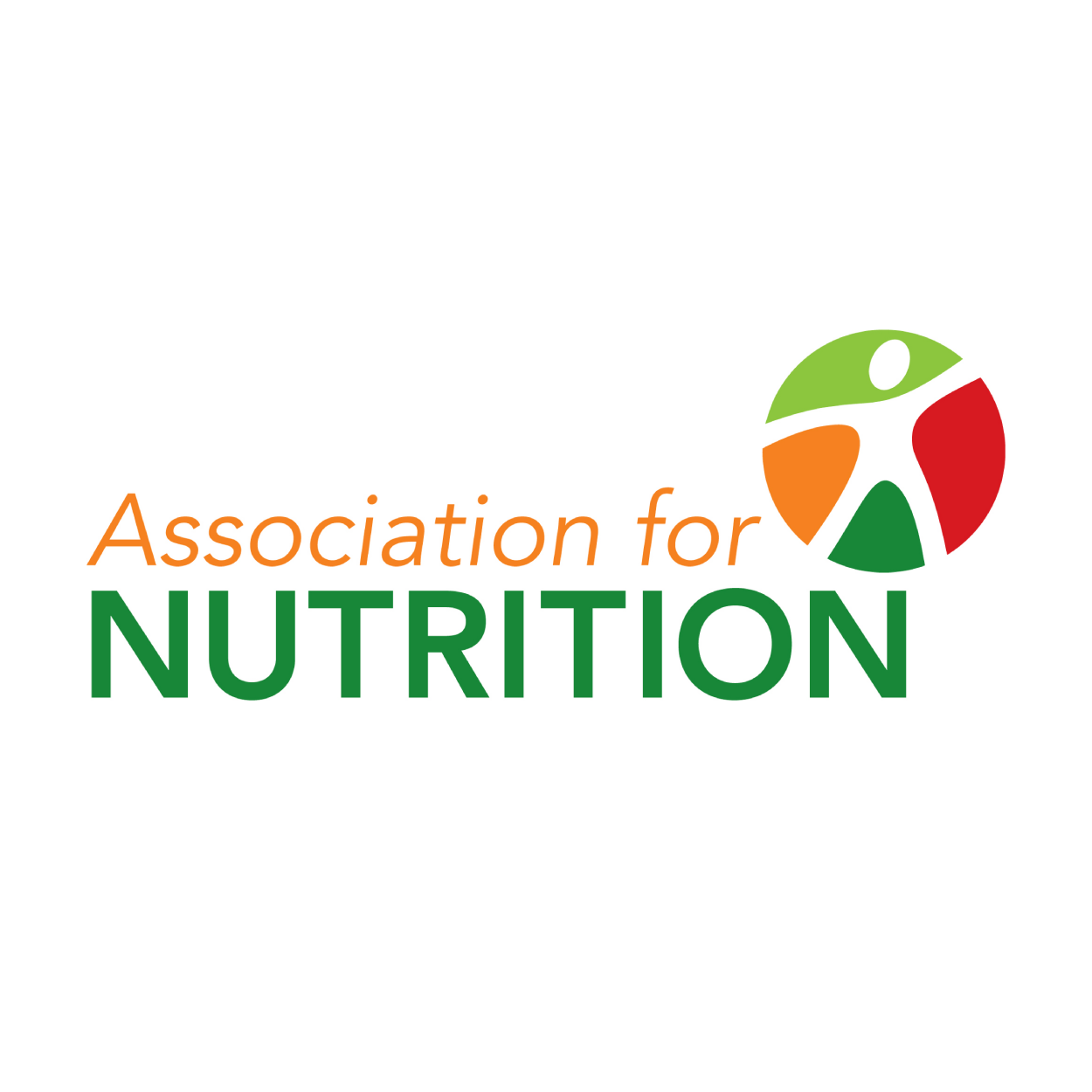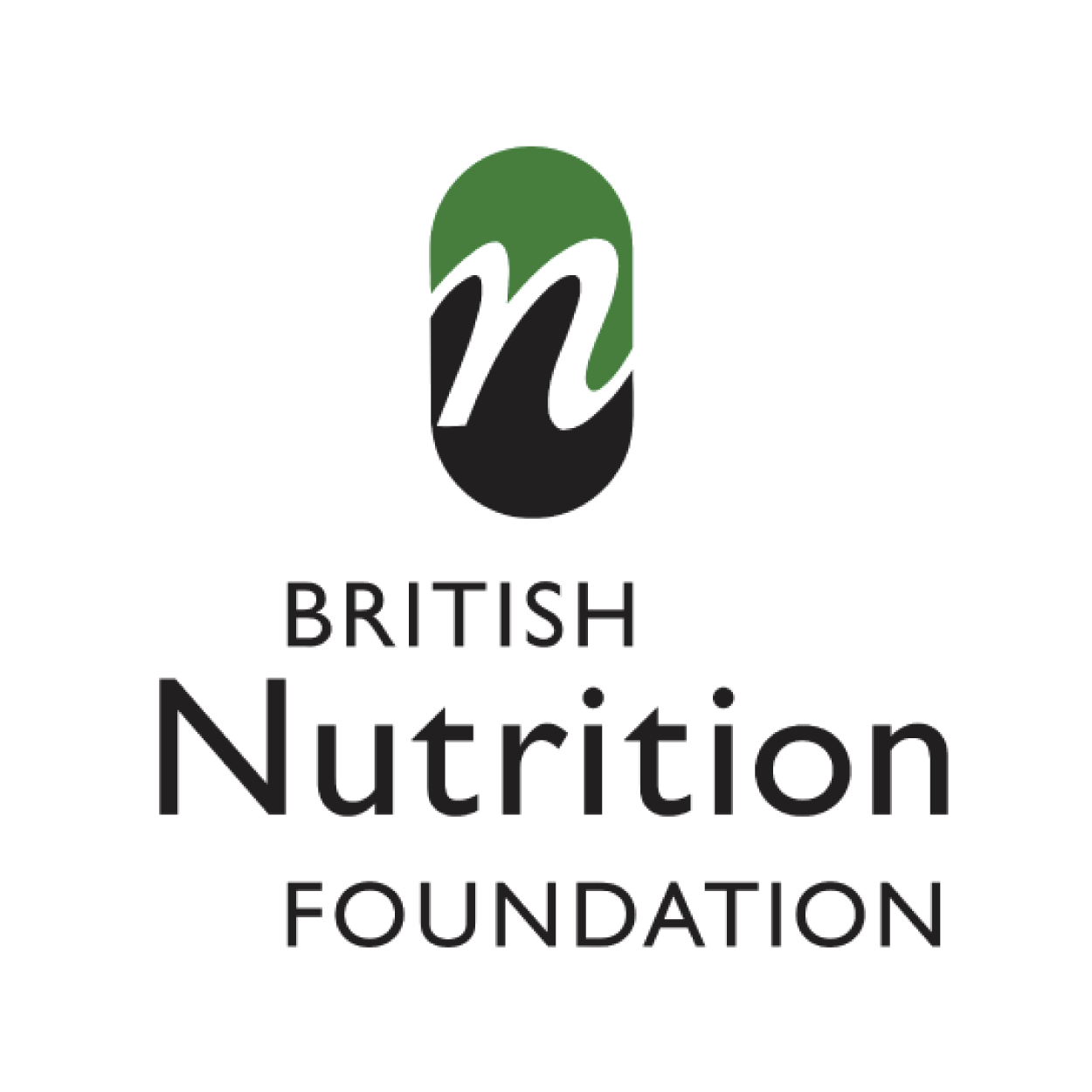No single food provides all the nutrients children need, so children must eat a combination of foods from five different food groups. Portion sizes for children will get larger as they grow but the combinations remain the same throughout childhood.
The five groups are:
Bread, rice potatoes, pasta and other starchy foods
This group includes all types of bread, pasta, rice, couscous, potatoes, sweet potatoes, breakfast cereals and foods made from flour and other cereals such as rye, millet and sorghum.
Recommendation: Base each meal on these foods and also include them at snack times. These foods should comprise about a third of the total meal.Fruit and Vegetables
This includes fresh, frozen, tinned and dried. Offer them at each meal so that your children learn they are always part of a meal. Over a day, aim for around five small portions, preferably a selection of different ones. They should make up about a third of the total food eaten. As the fibre in the fruits and vegetables is an important nutrient, juices which have had the fibre removed, can only be counted as one portion per day.Milk, cheese and yogurt
These foods provide calcium, vitamin A, riboflavin and iodine along with some protein. (Butter and cream have no protein and little calcium, and are in the 5th group with fatty foods).
Recommendation: Children need three servings a day. The serving sizes will increase as the child grows, thus providing more calcium and other nutrients as they grow. A glass of milk, as one serving, is about 120mls/4oz for a 1-3yr old and 150 – 250mls for older children. Always use full fat milk and yogurt for children under 2 years. If they are eating well you can change to semi-skimmed milk after 2 years and skimmed milk after 5 years. However this is not necessary and children will get more vitamin A for their immunity by staying on whole milk and full fat yogurt.Meat, fish, eggs, nuts and pulses
The foods in this group provide protein, iron and zinc as well as other minerals and some vitamins. Recommendation: Children eating meat and fish need 2 servings per day. Vegetarian children who only eat eggs, nuts and pulses need 3 servings per day. This can be achieved by eating puddings and snacks containing eggs and nuts in addition to choosing savoury courses based on pulses, lentils and nuts. Nuts:
Children under 5 should not be offered whole nuts as they may cause choking. Nut butters and ground or chopped nuts in recipes are fine.Butter, oils and fat spreads
Children need some of these foods to provide omega 3 & 6 fats and vitamins A & E. Only small quantities are advised as they provide a lot of calories and excess amounts can cause obesity. Use rapeseed oil for cooking as it has more omega 3 fats than other oils. Walnut, olive and soya oils are also good sources and can be used for dressings.
Sweet foods and packet snacks
These are not necessary but can be included in small amounts:
Once per day:
give a fruit based pudding or cake or biscuits or ice cream
thinly spread jam honey or syrup
Once per week: either a sweet drink including fruit juices, chocolate, sweets, ice lolly or crisps or another packet snack
Food Combining for Vegetarian diets
Making a vegetarian diet nutritious is simple if you use food combining. By eating pulses, lentils and nuts with starchy food the protein will be of good quality and provide your child with all the essential amino acids for growth. Include good sources of protein in main meals, snacks and puddings. These protein foods also provide some iron but need a good source of vitamin C to boost absorption. Choose breakfast cereals which are fortified with iron and also offer them as snacks. Dried fruit is also a good source of iron but shouldn’t be given as a snack as it is sweet and sticks to teeth.
Note – whole nuts should not be given to children under 5 years of age.
Vegan diets do not include any foods of animal origin with eggs, milk and milk products also excluded. Children on vegan diets will not get enough iron, iodine, zinc, calcium, vitamin A and Vitamin B12 unless they take a supplement to provide these nutrients. Vegan children do not grow as tall as non vegan children and without extra iodine may not achieve their academic potential. Ask a dietician to assess their diet and to recommend an appropriate supplement.
More restricted diets will be deficient in many nutrients and are unsuitable for children.
““I found the meeting very useful and reassuring. I’ve just done a huge weekly shop, purchasing the foods and ingredients you suggested. Hopefully the increase in calories should be sufficient to build Andrew up a bit. We have had a nice chat reassuring him there is no pressure to eat dairy, and he is happy to take his calcium supplement.” ”

